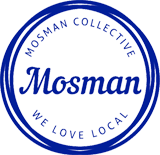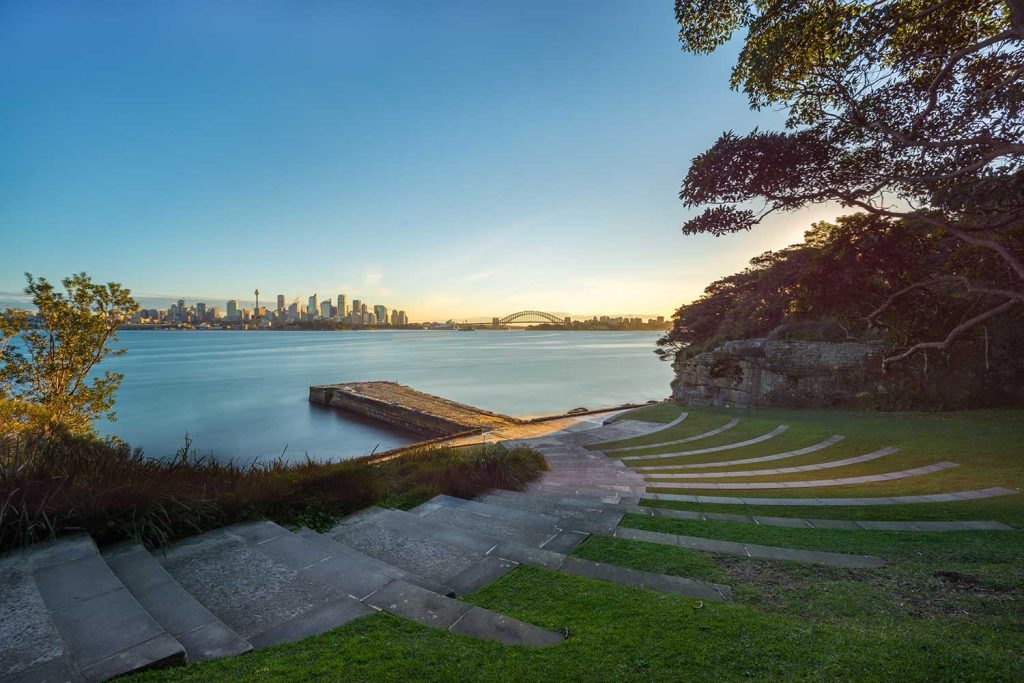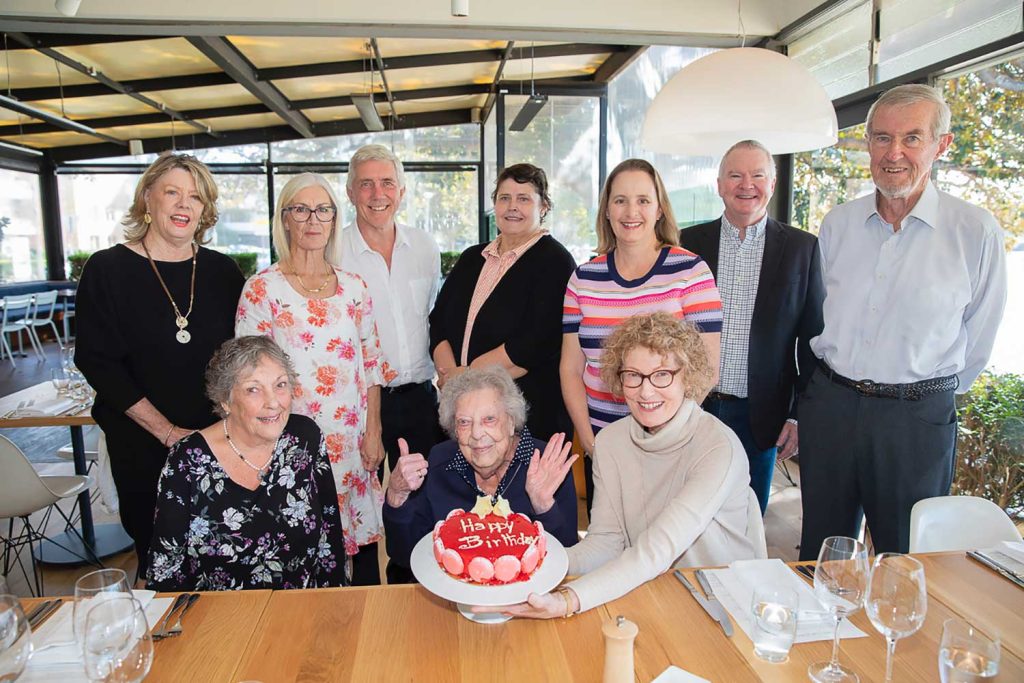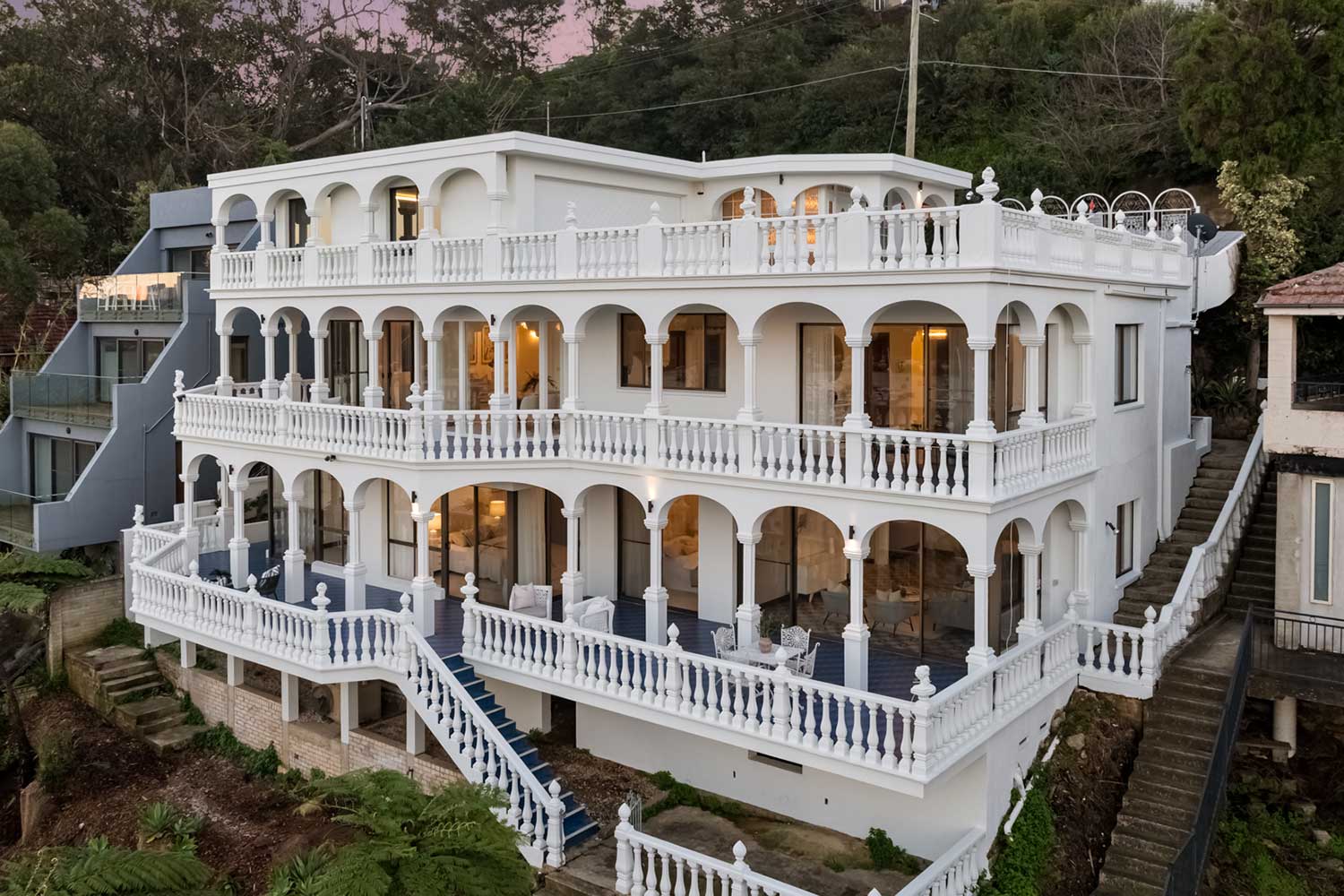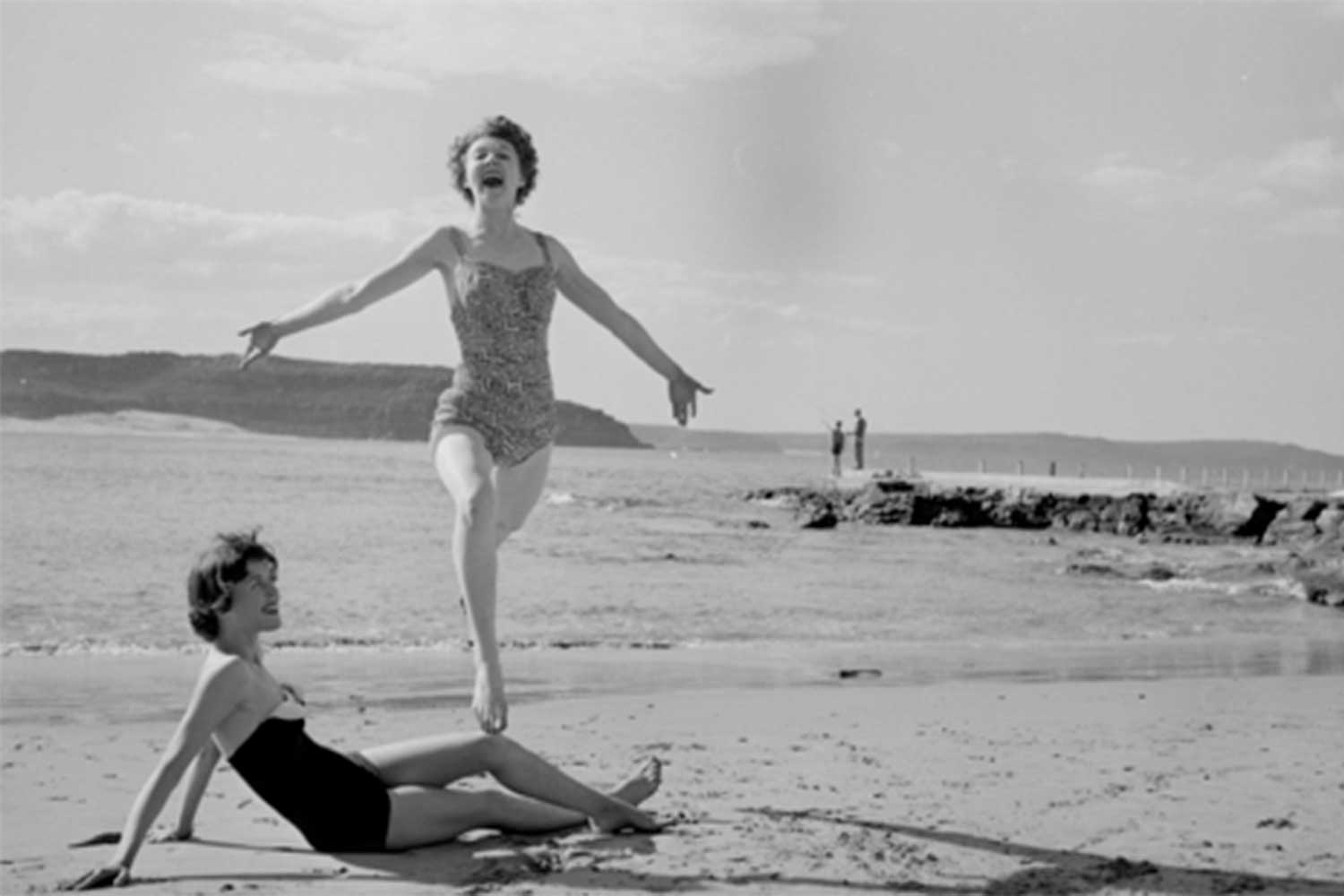Times Gone By: New Mosman history book set to thrill lower north shore readers.
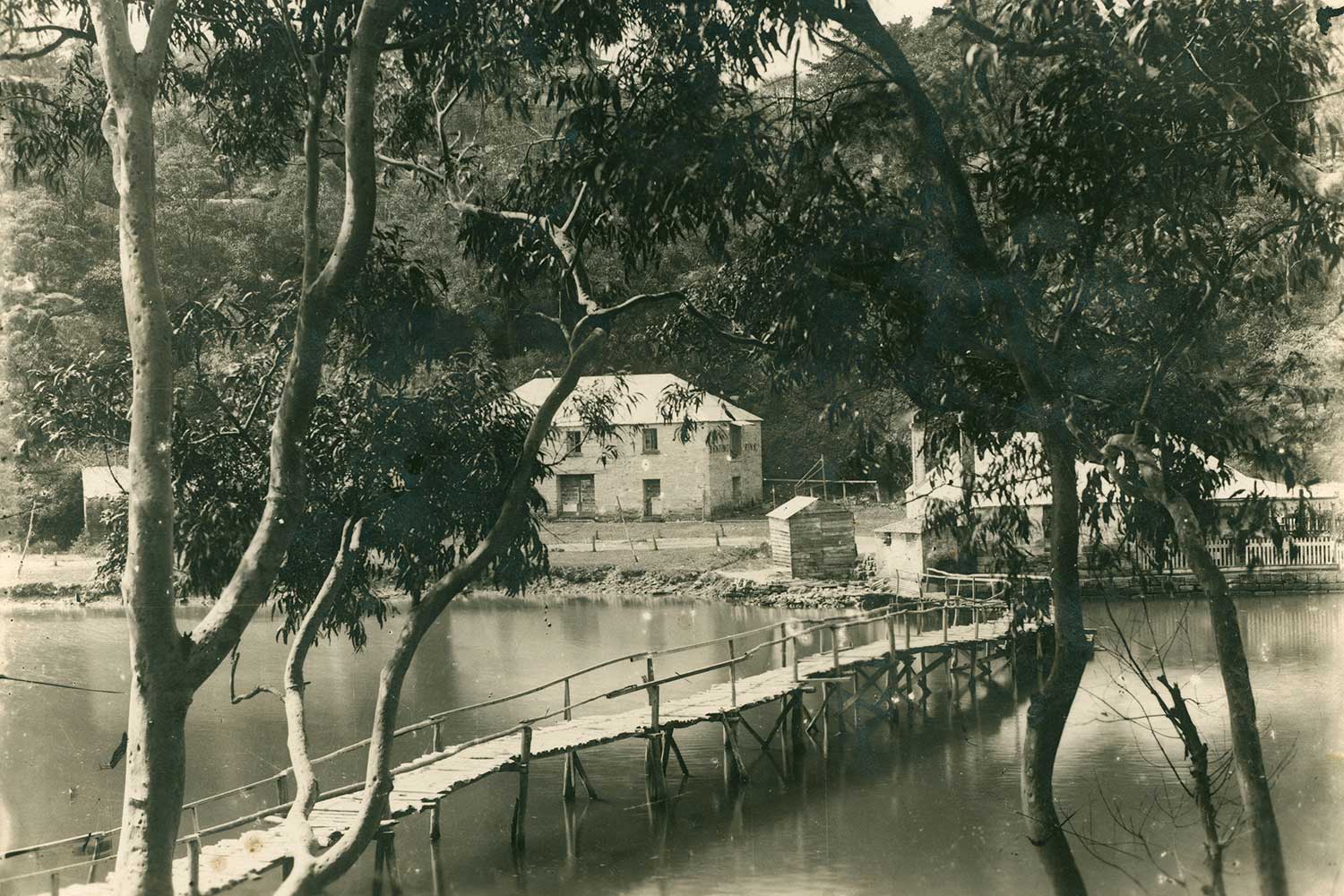
A new book on the early history of Mosman has been released by the Mosman Historical Society. Image: The Carroll Collection.
By KATHRYN BARTON
The early days of Mosman’s European settlement have been richly detailed in a new book, Mosman: Times Gone By.
The culmination of years of research by Mosman Historical Society members, the book was launched at Mosman Library last week by Mayor Carolyn Corrigan to a large and enthusiastic audience.
The launch also marked the 94th birthday of the society’s patron, Gavin Souter, a well-known local historian, author and authority on the area.
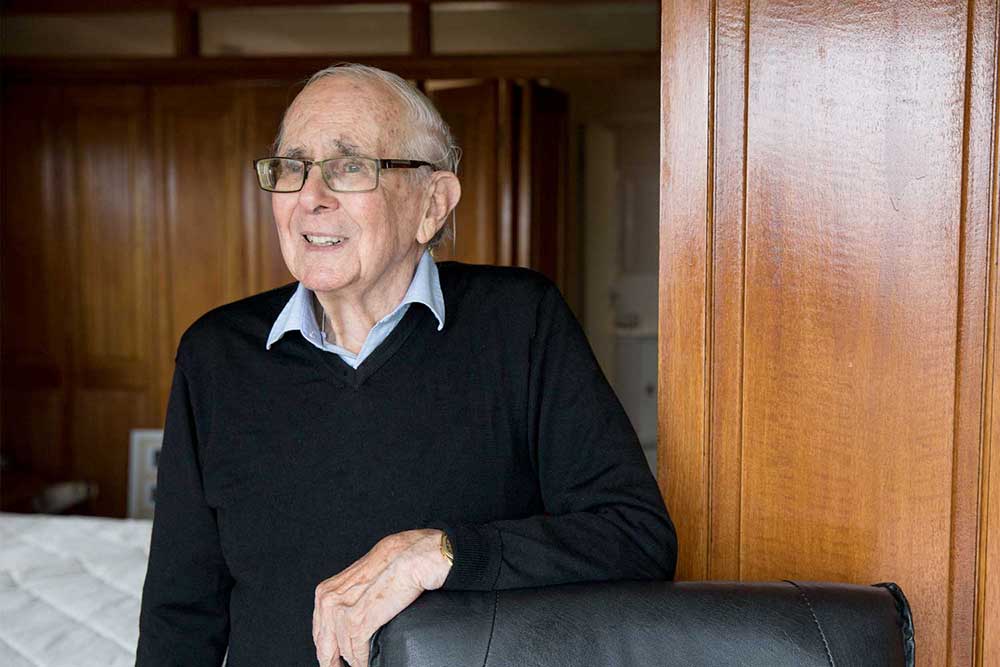
The book launch also marked the 94th birthday of Mosman writer Gavin Souter. Image: Graham Monro.
The death of member Phillipa Morris in 2022 moved the society to pen a book in recognition of her regular input to newsletters and her generous bequest to the society, the mayor said.
Coordinated by society member Margaret Szalay – who described the project as “challenging”- the book creates a fuller picture of life in Mosman, and the changing environment, over two formative centuries. Valuable stories written by members, as well as articles by history academics, Professor David Carment and Dr Perry McIntyre, saw the book finalised, Ms Szalay said.
At the time Mosman Council was formed in 1893 there were 800-odd people registered to vote from a population of roughly double its voters.
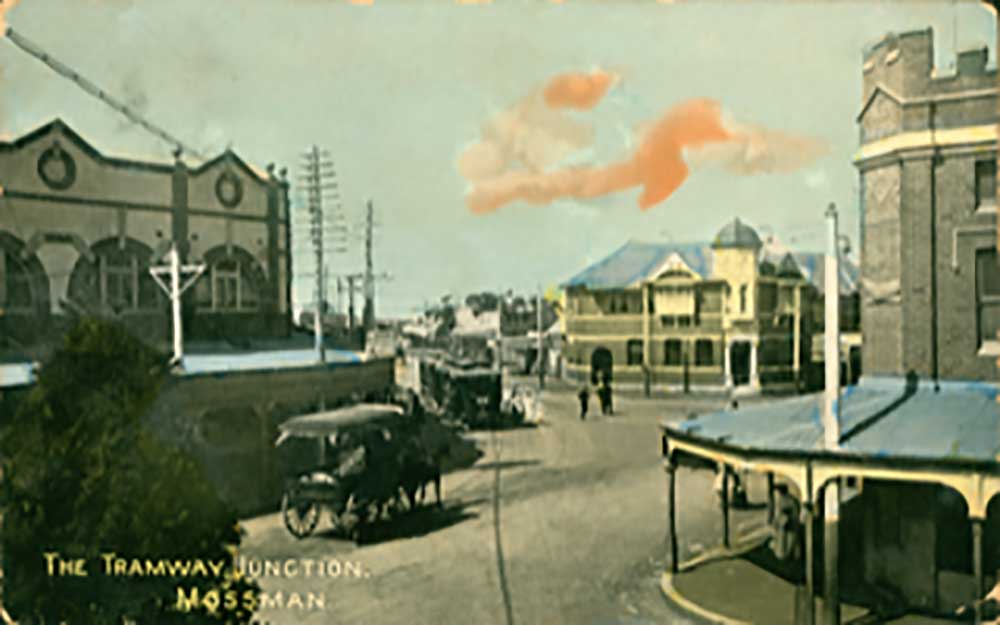
Mosman’s population – around 28,000 – has remained relatively unchanged for many years.
Over the years, Mosman’s population boomed, and higher-density living was the solution to the influx. Interestingly, steady at 28,000 today, Mosman’s resident numbers closely resemble those of long ago.
The suburb had hit saturation by mid last century; aided earlier by the arrival of better roads and amenities enjoyed by throngs of weekend visitors, some of whom stayed put.
The public’s mood had unmistakably soured surrounding ‘progress’, evident in a Sun editorial dated 16 March 1930 about the ethics of courting. The writer warned against one party giving chase, as “she” risked “a pursuit as relentless as that of a Mosman alderman on the trail of a bag of cement.”
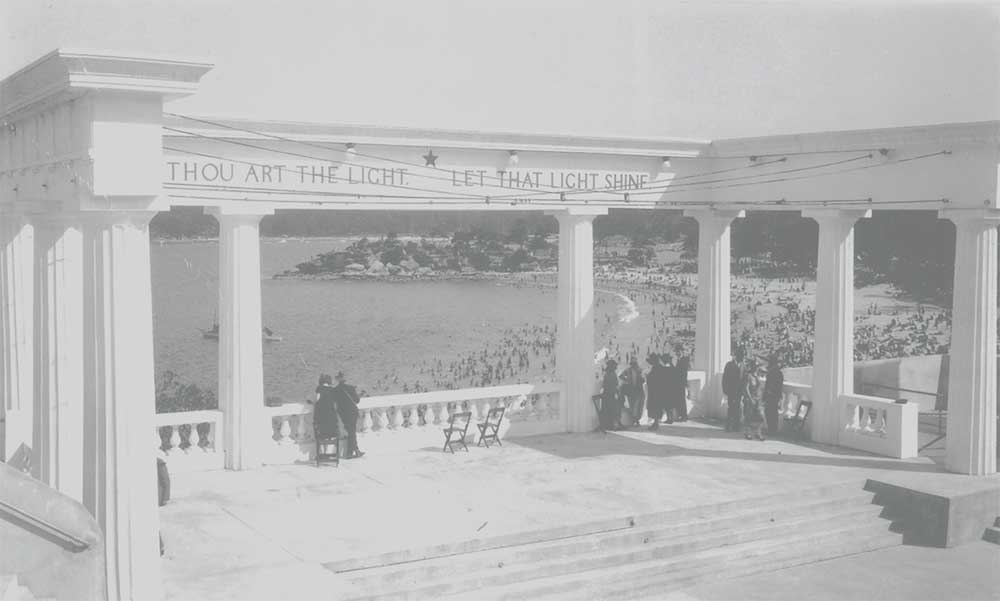
The new book reveals more detail on the Balmoral Amphitheatre, demolished in in 1950s. Image: Mosman Library.
Within a single book, disparate strands of Mosman life have been intertwined to show all that’s been gained and lost over the period, including historic landmarks sadly erased.
Emeritus professor of history at Northern Territory’s Charles Darwin University, David Carment was on the editorial team. Professor Carment contributed several articles detailing some of the beautiful buildings that were razed and the land sold to developers of (arguably) ugly blocks of flats, slabs of business premises, car yards, petrol stations and high-street shops.
Get The Latest News!
Don’t miss our top stories delivered FREE each Friday.
Apart from additions to the book, Dr Carment’s blog, lostmosman.com, reveals more details of Mosman’s lost heritage – including the eye-popping Balmoral Amphitheatre built in 1924 and flattened in the 1950s for an unimaginative block of flats above Edwards Beach. The march of the bland, blond, or red brick piles continued to distort the low, level skyline.
But the pace of growth plummeted as potential development sites had all but evaporated by mid last century. Besides the scarcity of square meterage, and the difficulties of compliance with strict regulations – the populace had, over two or so generations, become enlightened.
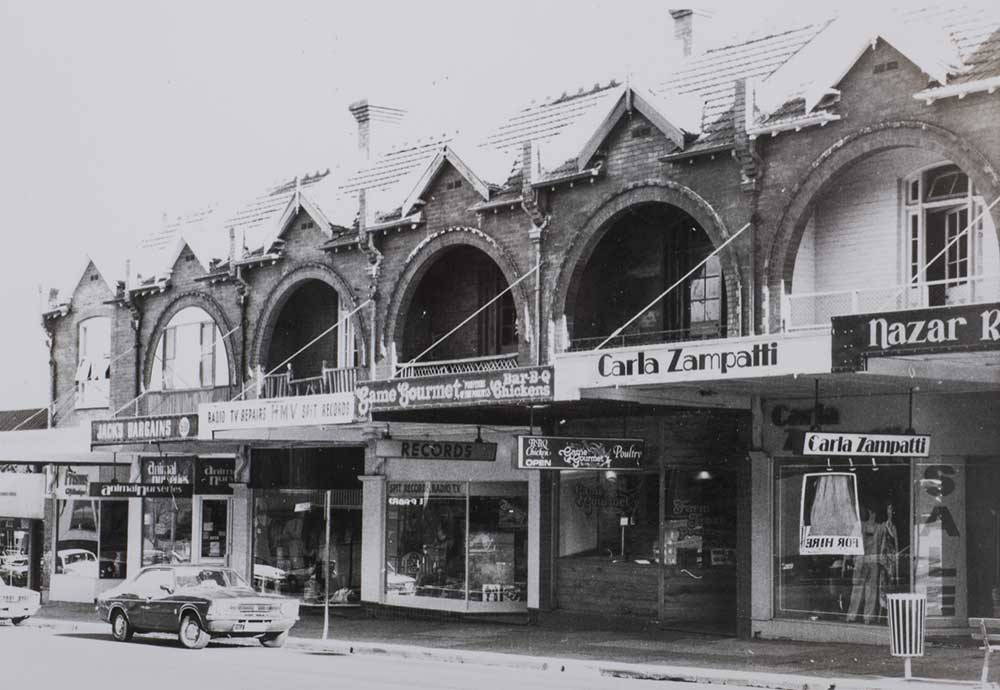
While Mosman has retained many of its original shop fronts, some local landmarks have been erased, the book reveals.
Seems the wider the gap between modern residents and the suburb’s forebears, the more people were rankled by the wanton obliteration of the cultural and heritage value of the buildings that made Mosman.
For now, time and space have preserved the remaining monuments to a crucial period.
Visitors to the society’s website may also add their details so news, newsletters and more can be accessed via their WEBSITE.
GOT A NEWS TIP? GET IN TOUCH!
Email: [email protected]
Get The Latest News!
Don’t miss our top stories delivered FREE each Friday.
